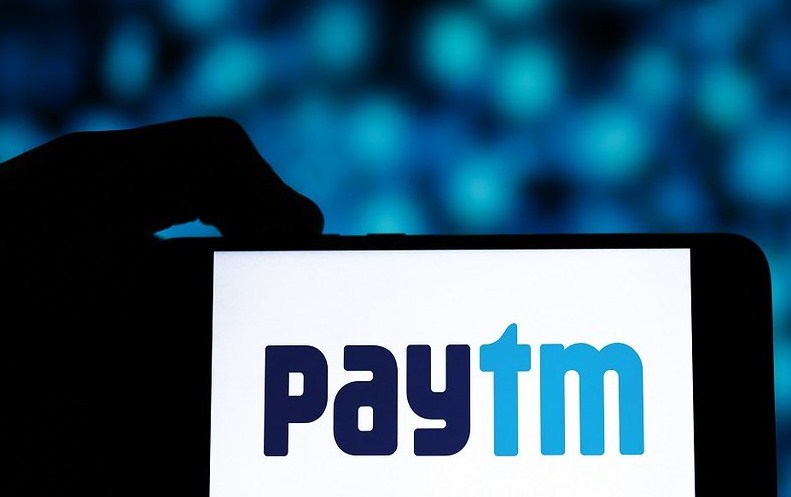SoftBank exits Paytm gradually
SoftBank, which had invested $1.4 billion in Paytm in 2017, has been gradually divesting its stake in the company through multiple open market transactions over the past year. According to an exchange filing on Thursday, the board of Paytm’s parent company, One 97 Communications, approved the disposal of 1,37,84,787 equity shares in a series of transactions between January 23 and February 26, breaching the specified threshold of 2% of SEBI’s takeover regulations.
This marks the fifth instance of SoftBank’s disposal of its shares in the company in the ongoing fiscal year. The Japanese firm has already sold shares worth Rs 3,800 crore in May, July, December, and January. The latest sale of shares worth Rs 580 crore brings the total amount of divestment to Rs 4,380 crore (as per the share price on the date of transactions).

SoftBank’s stake in Paytm has reduced from 17.5% in September 2022 to 2.83% in February 2024, indicating a possible exit from the fintech company. SoftBank has also exited completely from other Indian startups that went public in the past few years, such as PolicyBazaar and Zomato. It has also reduced its stake in Ola and Delhivery.
Paytm faces regulatory hurdles and valuation erosion
Paytm’s troubles began when the RBI directed the company to shut down its financial services arm, Paytm Financial Services, on January 31, 2024, due to ongoing failure to comply with regulations. The RBI also imposed business restrictions on Paytm Payments Bank, an associate entity of Paytm, over non-compliance and regulatory concerns. The business restrictions are set to impact Paytm’s different business verticals related to the payments bank, such as lending, insurance, wealth management, and e-commerce.
Following the RBI’s action, Paytm’s founder and CEO, Vijay Shekhar Sharma, stepped down from his position as part-time non-executive chairman and board member of Paytm Payments Bank. The company also announced that it has reconstituted its board of directors with the appointment of former Central Bank of India chairman Srinivasan Sridhar, retired IAS officer Debendranath Sarangi, former executive director of Bank of Baroda Ashok Kumar Garg, and retired IAS Rajni Sekhri Sibal.
The regulatory issues have taken a toll on Paytm’s share price, which has dropped by 48.5% since January 31, resulting in a loss of approximately Rs 23,400 crore ($2.8 billion) in value. The company’s market capitalization has fallen from Rs 48,200 crore ($6.5 billion) to Rs 24,800 crore ($3.7 billion) in less than a month. The company’s shares closed at Rs 390.05 on Thursday, down by 4% from the previous day.
Paytm, which had raised $2.5 billion in its initial public offering (IPO) in November 2023, had debuted at a valuation of Rs 1.43 lakh crore ($19.4 billion), making it India’s most valuable startup. However, the company’s valuation has eroded by nearly 83% since then, as investors have lost confidence in its growth prospects and profitability.

Comments